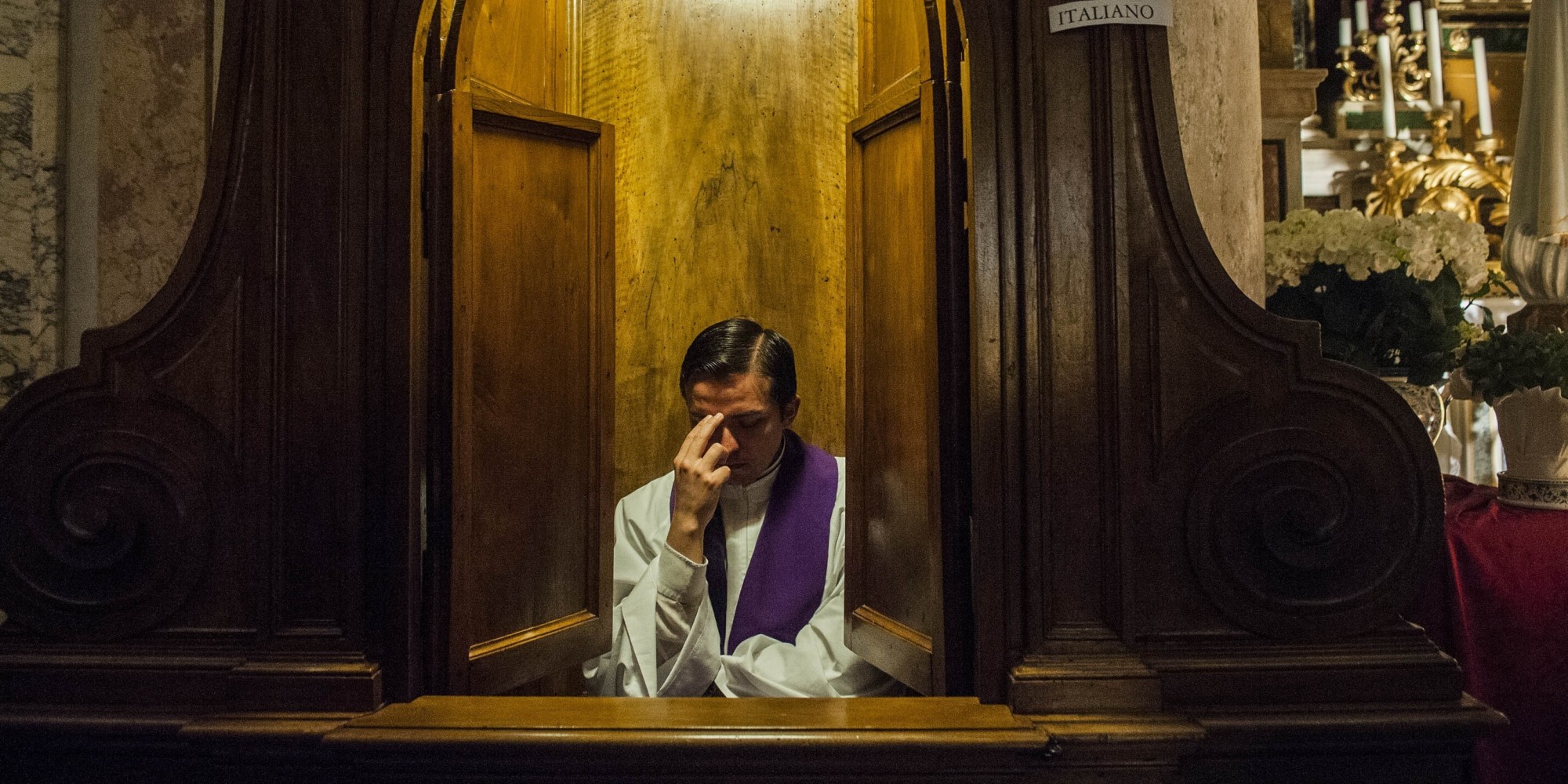How the Church grants you the forgiveness of sins
INDULGENCES
For every sin committed, whether venial or mortal, the sinner finds himself guilty before God and remains obliged to satisfy divine justice with some temporal punishment which must be discounted in this or another life. This also applies to those who, after committing a sin, have repented and had the guilt remitted with the Sacrament of Confession.
The Lord, however, in his infinite mercy has arranged that the faithful can free themselves from these temporal penalties, either in whole or in part, both with the satisfying works they perform, and with the most holy indulgences. The indulgences, of which the Church is the custodian, are part of the infinite treasure of the satisfying merits of Jesus Christ, the Most Holy Mary and the Saints. They are granted, not only to those who are still alive, but also to those who died from the application of the most holy indulgences made to the souls of Purgatory by way of suffrage, that is, by praying to the Lord that he will welcome the good works of the living on sale. of the penalties that the souls of the Purgatives have to expiate.
NOTE ON INDULGENCES
Indulgence, according to Catholic doctrine, is the remission before God of the temporal punishment due for sins. For mortal sins, indulgence can only be achieved if they have been confessed and remitted by absolution.
The Church can grant indulgences, because the Lord has given her the power to draw on the infinite merits of Jesus Christ, the Virgin and the Saints. The discipline of indulgences was reorganized with the apostolic constitution "Indulgentiarum doctrina" and with the new edition of the "Enchiridion Indulgentiarum" published in 1967.
Indulgence can be partial or plenary, depending on whether it frees partially or totally from the penalty due for sins. All indulgences, both partial and plenary, can be applied to the deceased by way of suffrage but cannot be applied to other living people. Plenary indulgence can only be purchased once a day; partial indulgence can also be purchased several times a day.
SPECIES OF INDULGENCES
There are two types of indulgence: plenary indulgence and partial indulgence.
The plenary session remits all the temporal punishment due to our sins already remitted by confession and absolution. Dying after purchasing a plenary indulgence one immediately enters Paradise without touching Purgatory. And the same can be said of the Holy Souls of Purgatory, if a plenary indulgence applicable to them is obtained in their suffrage which the divine Justice will deign to accept.
